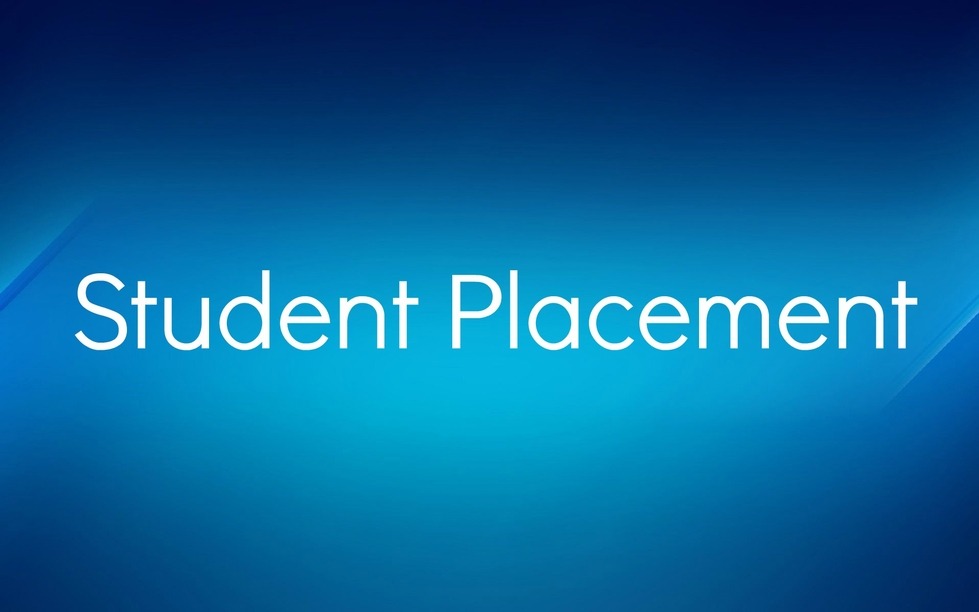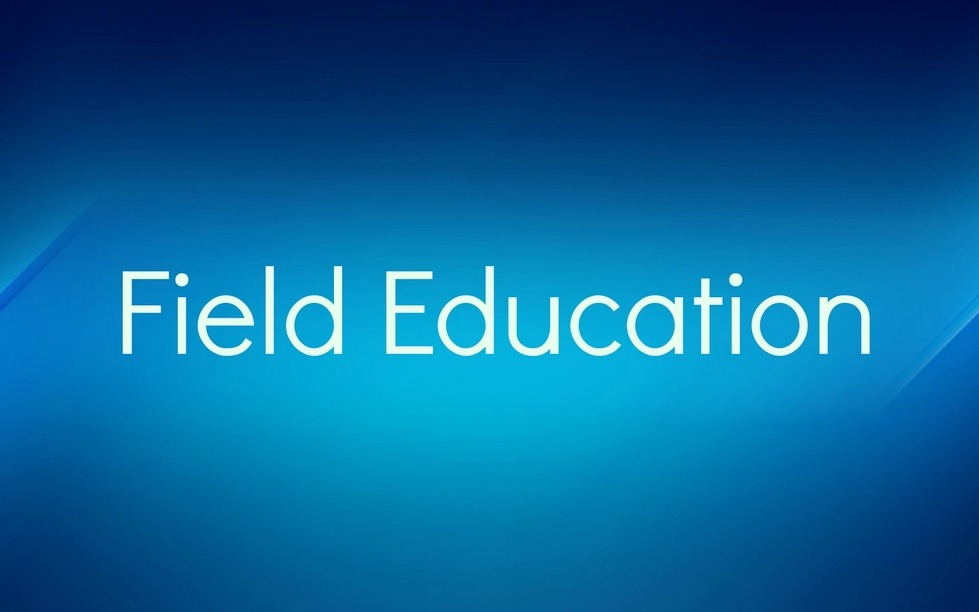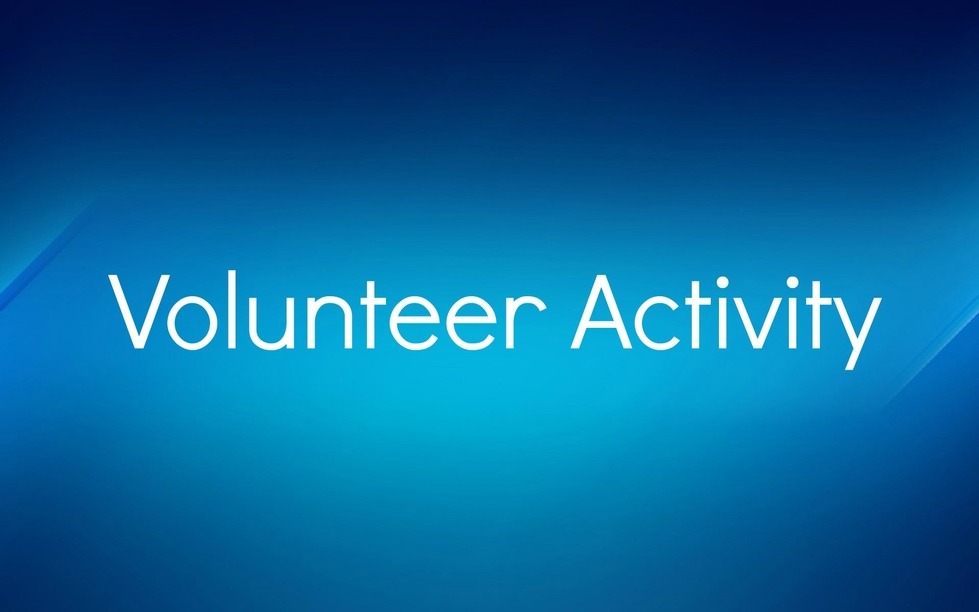Typical Field Learning Experiences Include:
Field Education
- Field Trips - Taking students on a field trip out of the classroom for a group learning activity, which is typically a day or less in duration, and will be accompanied by faculty the entire time
- Traveling with Students - Traveling with students on a trip or extended experience, such as field studies or attending a conference.
- Student Directed Field Research - Requiring student-directed research, performance, service or volunteer activity for course credit.
About the Risk Reduction For Experiential Learning Guide
GVSU College of Liberal Arts and Sciences has developed this guidance for faculty and staff interested in providing experiential learning opportunities to students. Experiential learning often involves students working in various settings both on and off campus and may or may not be part of formal course/program requirements. These settings, and the work our students do while in them, present risks that are not present as part of traditional classroom learning. These risks can, and must, be managed to ensure successful learning experiences for our students and meaningful service for our external constituent groups.
For more information about working safety in research and academic activities, visit the Lab Safety Program at www.gvsu.edu/labsafety.
Special thanks to our CLAS Risk Reduction task force for their assistance in this guidance.



